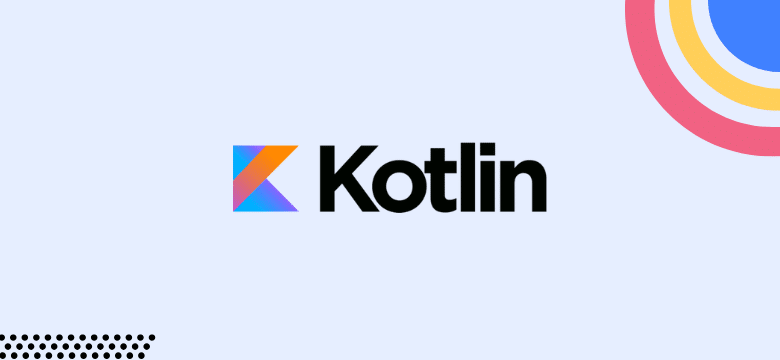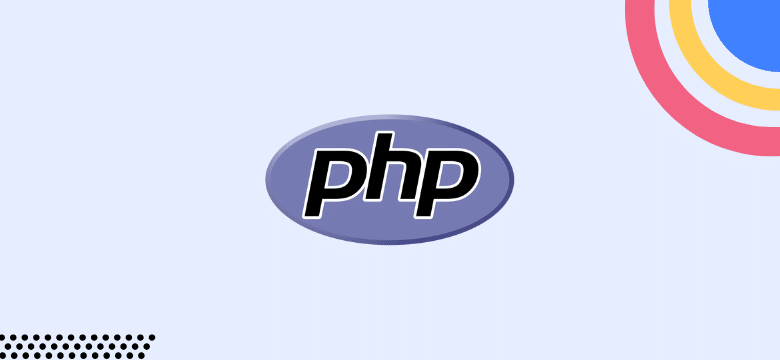









For nearly three decades, PHP has played a crucial role in web development. Since its introduction in 1995, it has powered millions of websites, including major platforms like WordPress, which runs over 40% of all websites globally, and even Facebook, which initially built its platform before evolving its technology stack.
Despite its long-standing presence, the web development landscape has changed dramatically in recent years. The rise of JavaScript frameworks like React, Angular, and Vue, along with the increasing adoption of headless CMS solutions and serverless architectures, has led many to question whether PHP is still relevant.
Yet, this language continues to power a significant portion of the internet, raising the question: Is PHP still widely used, and does it remain a viable choice for modern web development?
Despite speculation about its decline, PHP remains one of the most widely used programming languages in web development today. As of 2024, it still powers approximately 76.5% of all identifiable websites, according to W3Techs.
While this figure has seen a gradual decline due to the increasing popularity of JavaScript-based technologies like Node.js and Next.js, PHP continues to thrive in content-driven applications, e-commerce platforms, and enterprise-level systems.
A significant reason for this language’s enduring presence is its deep integration with content management systems. Platforms such as WordPress, Joomla, and Drupal, all of which are PHP-based, are still the backbone of millions of websites.
Additionally, PHP’s compatibility with virtually every web hosting provider makes it a highly accessible choice for businesses and developers looking for cost-effective solutions.
One of PHP’s biggest advantages is its simplicity. Unlike many modern programming languages that require complex setups and dependencies, this language is straightforward to install and run.
Its simple syntax makes it beginner-friendly, allowing new developers to quickly grasp web development concepts without being overwhelmed. Furthermore, PHP has an extensive ecosystem with frameworks like Laravel, Symfony, and CodeIgniter, which enable developers to build sophisticated, scalable applications efficiently.
Beyond ease of use, its widespread adoption across web hosting services has contributed to its longevity. Unlike newer languages that often require specialized hosting environments, PHP is supported by virtually every hosting provider, making it the default choice for businesses that rely on shared hosting solutions.
Another crucial factor that keeps this language relevant is its strong community support. With decades of development, PHP has one of the largest programming communities, ensuring continuous updates, security patches, and best practices. The release of PHP 8 and later versions has introduced major performance improvements, including the Just-In-Time (JIT) compiler, which significantly enhances execution speed.
These modern enhancements demonstrate that PHP is far from obsolete—it continues to evolve to meet modern development demands.
One of the common criticisms of PHP has been its performance and security concerns. However, recent advancements in the language have addressed these issues effectively. The introduction of the JIT compiler in 8 has resulted in a notable performance boost, allowing applications to run faster than ever before.
Additionally, PHP now enforces stricter type safety, reducing the likelihood of runtime errors and improving overall code reliability.
Security has also been a key focus in its modernization. While earlier versions of PHP were criticized for their vulnerabilities, modern ones includes built-in protections against SQL injection, cross-site scripting (XSS), and cross-site request forgery (CSRF). Developers now have access to more robust encryption libraries and authentication mechanisms, making PHP applications more secure than ever.
Another major development is its seamless integration with contemporary web development practices. PHP-based frameworks like Laravel and Symfony now offer MVC architecture, REST API capabilities, and microservices support, making this language a solid choice even for large-scale applications.
These advancements prove that PHP is not just surviving in the web development space—it is adapting and evolving to remain competitive.
PHP continues to be widely used across various industries, and its flexibility makes it suitable for a range of applications. One of its most significant use cases remains content management systems.
WordPress, the most popular CMS in the world, runs entirely on PHP, making it essential for corporate websites, news portals, and blogs. Businesses that rely on content marketing and SEO-friendly websites continue to choose PHP-powered platforms due to their flexibility, ease of management, and extensive plugin ecosystems.
E-commerce is another area where this language continues to thrive. Platforms like WooCommerce, which integrates seamlessly with WordPress, and Magento, a powerful standalone e-commerce solution, are both PHP-based. Many online stores rely on this language for secure payment processing, inventory management, and customer relationship management. The ability to build customizable and scalable online storefronts makes PHP a preferred choice for e-commerce businesses worldwide.
Beyond content-driven websites and online stores, PHP remains a critical technology in enterprise applications. Many businesses still rely on this language for internal tools, customer portals, and enterprise resource planning (ERP) systems. Its ability to handle complex database interactions efficiently makes it a practical choice for companies needing custom workflows and automation solutions.
PHP also plays a vital role in media and news platforms. Many large-scale news websites and online publications use PHP to manage their content distribution networks. The language’s ability to handle large volumes of traffic and real-time updates makes it a reliable choice for news outlets that require high-performance content delivery.
Even in the financial sector, PHP continues to be utilized in fintech applications. Online banking systems, secure payment gateways, and automated billing solutions often incorporate this language for backend operations. The language’s stability and ability to integrate with financial APIs make it a trusted option in financial technology.
Despite the emergence of new technologies, businesses continue to choose this language for its cost-effectiveness, reliability, and extensive support network. Many organizations have invested in PHP-based systems over the years, and migrating away from PHP would require significant time and resources.
Instead, businesses often choose to modernize their applications by adopting newer frameworks, optimizing performance, and implementing best security practices.
At ITC Group, we specialize in building modern, scalable, and secure PHP solutions tailored to business needs. Our expertise spans custom CMS development, enterprise web applications, and e-commerce platforms.
We leverage PHP’s strengths while integrating modern technologies to enhance performance, security, and scalability. By staying ahead evolving ecosystem, we ensure that businesses can continue to rely on this language for their digital transformation needs.
Learn more: Programming Languages in 2025: Rising Stars & Fading Trends
The simple answer is yes—if used appropriately. While it may no longer be the default choice for every web project, PHP remains one of the most practical solutions for content-driven websites, e-commerce platforms, and enterprise applications. With its continuous improvements in performance, security, and modern development practices, it proves that it is far from obsolete.
For businesses considering PHP for their next project, it is essential to work with experienced developers who can maximize its potential. With the right approach, this programming language remains a powerful, scalable, and secure option for web development in 2024 and beyond.
You may enjoy: Why C# for Web Development is A Great Choice?
Stay ahead in a rapidly changing world with our monthly look at the critical challenges confronting businesses on a global scale, sent straight to your inbox.